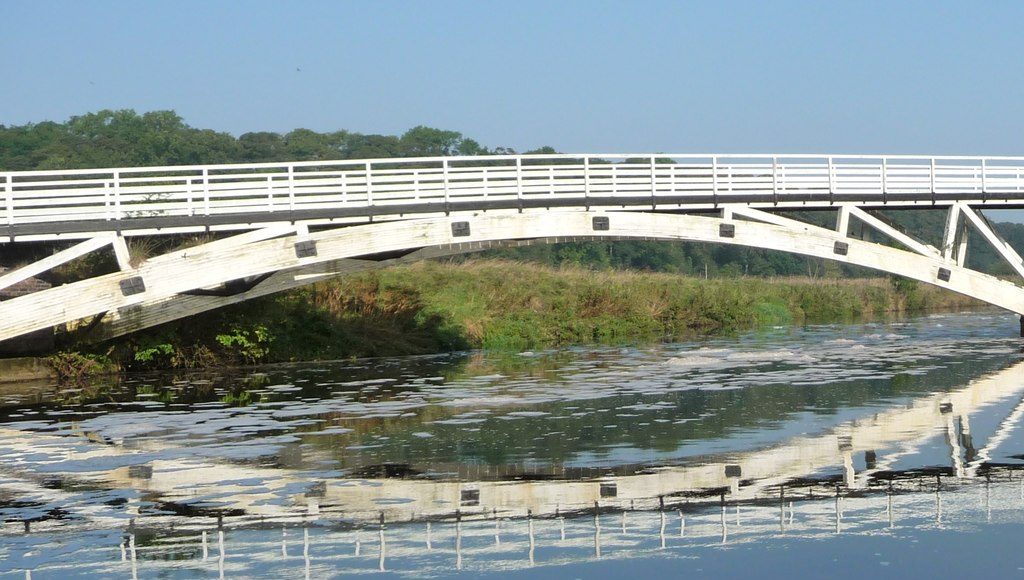In July 2024, Ofwat, the government department supposedly responsible for overseeing and regulating the privatised water and sewerage monopolies in England and Wales, proposed to lift the cap on water bills by up to 44% over the next five years in an effort to bail out water companies. They are making obscene levels of profits precisely because they have purposefully neglected water treatment plants and instead have pumped billions of litres of excrement into the waterways. They plan to force the working class to subsidise infrastructure repairs and upgrades and ultimately to foot the bill for any malpractice fines they receive along the way. Two million households in England and Wales are already unable to afford their water bills, many of whom are taken to court by these racketeers, and have money deducted from their benefits to pay off the debt. The only dispute between the state and the owners of the private water companies is over the size of the increase in bills. Ofwat’s proposed increase would see revenue from bills skyrocket from £59bn between 2020 and 2025 to £88bn between 2025 and 2030. It will mean average bills increase by £19 per year. The water companies want £105bn, with Thames Water, the largest firm in the water treatment cartel, demanding a 59% rise in bills by 2030. And for what? Thames Water dumped 72 billion litres of raw sewage into the River Thames between 2020 and 2022, with one billion litres slopped out in just one day on 28 January 2021.
British water companies – shells for profit-making
Investors from every corner of the planet jostle for a piece of the action in an industry described as one of the most completely privatised water industries in the world. Over 70% of England’s water industry is owned by companies based in 17 different countries. US investment companies own nearly 17% of water companies in England, making them the biggest overall investors by country. Pension funds, investment companies, private equity firms and businesses based in tax havens all control and profit from the provision of water – the most basic human necessity. They have no interest in environmental protections or the long-term sustainability of water and sanitation systems.
These tycoons have promised that if they do not get what they want then they will make sure the rivers are brimming with effluent. David Henderson, the chief executive of Water UK, the umbrella body for all private water companies, stated, ‘Unless we get that full investment amount we are not going to be able to secure economic growth, we are not going to be able to build the 1.5m homes that we desperately need and we are not going to be able to end the sewage flowing into our seas,’ holding to ransom the fact that all infrastructure development depends on a functioning water system.
Already private water company shareholders have pocketed billions from water bills as profit. In May 2024, South West Water increased its annual dividends to investors to £127m. Since privatisation in 1989, water companies in England have paid out £78bn in dividends to shareholders. In 2022/23, these companies made £1.7bn in pre-tax profits. This is up 82% since 2018/19. In the five years to 2022 water company CEOs were handed £58m in salary and benefits. Analysis from the University of Greenwich reveals that roughly 31% of money collected from water bills goes towards shareholders and paying off debts.
Such statistics are especially biting in the context of the current ruined state of Britain’s water system. In May 2024, the same month that South West Water sent millions in dividends to shareholders, 17,000 of its customers had to boil water due to faecal contamination of water supplies. In 2023, sewage spills into England’s rivers and seas more than doubled with 3.6 million hours of spills. The Rivers Trust 2024 report has data for 3,553 river stretches which show that not one single stretch of any of the 1,500 rivers in England is in high or even good overall health. Over half (54%) of river stretches failed their ecological health test because of the activities of water companies. In 2022 alone, 300,763 sewage overspills were reported in England. In 2019 every single river stretch failed its chemical health test. The toxic ‘forever’ chemical perfluorooctane sulfonic acid was banned 15 years ago but is still made for export. Government data has shown that it is still found in freshwater fish in concentrations on average over 300 times the levels deemed safe for aquatic life. ‘Forever’ chemicals take 1,000 years to break down.
Water Bill – facade to cover inaction
The Labour government introduced the Water (Special Measures) Bill to parliament on 5 September 2024 ostensibly to give new powers to regulators to crack down on companies damaging the environment. This is nothing more than smoke and mirrors. With a lack of investment and prosecutions already virtually non-existent, any new legislation will only be used by the Labour government to dupe the working class by putting on a facade of taking action. Government funding allocated to the Environment Agency for environment protection has been cut by 80% since 2010. The enforcement budget has fallen from £11.6m to £7m over the same period. In 2007/08, the Agency brought nearly 800 prosecutions. By 2021/21 it was just 17. Since 2016, rather than take them to court, the Agency has opted to beg water companies to make an agreement to do better. The Agency has instructed staff not to attend ‘lower-level’ pollution incidents and allows water companies to self-monitor and self-report on their criminal activities.
It has become impossible for one of the richest countries on the planet to have even just one clean river. It is time to tear down this rotten system.
Nationalise water!
Mark Moncada
FIGHT RACISM! FIGHT IMPERIALISM! 302 October/November 2024




